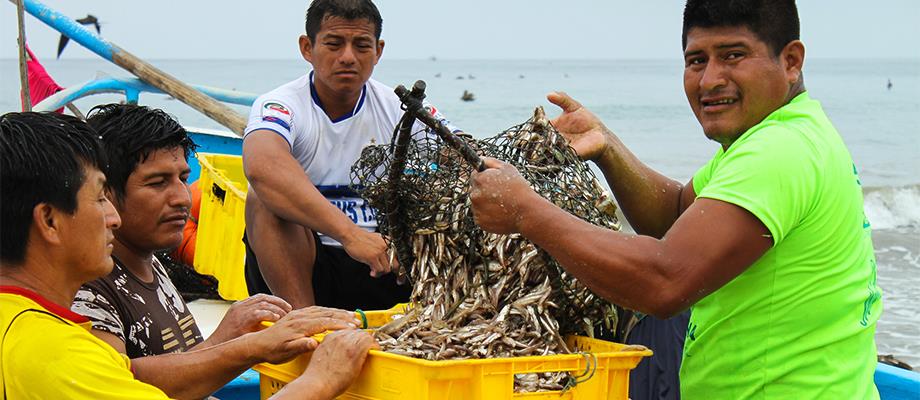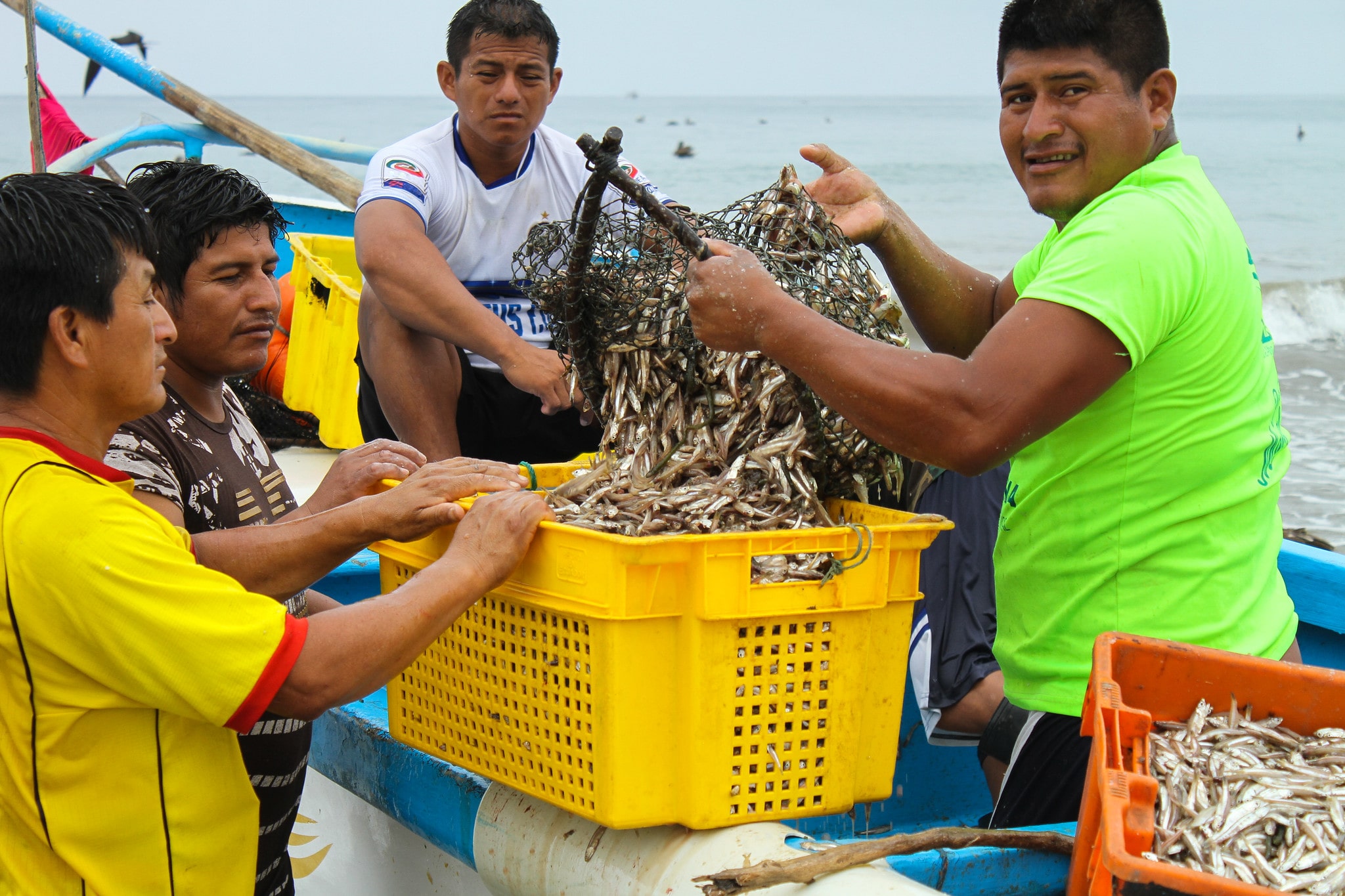Social Protection in the Fisheries and Aquaculture sector (SocPro4Fish) project

 |
The SocPro4Fish project is a component within the “Responsible use of fisheries and aquaculture resources for sustainable development” project funded by NORAD. The project component SocPro4Fish advocates for the urgent need to turn short-term responses to the COVID-19 crisis into long-term strategies to recover from shocks now and in a sustainable and equitable way, so that vulnerable communities and countries do not have to be rescued later, when shocks are compounded. As a result, the project aims to promote economic inclusion and to strengthen the resilience and livelihood security of fishers, fish-farmers and fish workers to cope with macro and micro level covariate impacts and shocks by increasing the understanding of the current scenario, reducing the barriers to access social protection (universal and sector-based), and promoting economic opportunities and better management of resources, by establishing synergies with other sectors, in selected countries. Initially, the project is being implemented in Colombia, Paraguay and Tunisia, and includes global activities.
The SocPro4Fish’s expected impact will be achieved through one main outcome with four outputs, focusing on strengthening institutional capacities for implementation, harmonizing and monitoring of policies, strategies and programmes at national and district levels.
The project aims to achieve increased institutional capacities for making available, implementing and monitoring social protection programmes, including shock-responsive and gender sensitive social protection for fishers, fish-workers and fish-farmers, through developing the following outputs:
- Output 1: Evidence-based policy support provided through assessing the enabling frameworks between social protection and fisheries policies and programmes and the vulnerability, hazards and the impacts of sample covariate shocks at the national and district level.
- Output 2: Technical tools developed to enhance fishers’ capacity to respond to covariate shocks caused by climate, health, socio-economic and environment disasters affecting fishing livelihoods.
- Output 3: Strengthened informal social protection providers and mechanisms to increase resilience of fishing households against covariate shocks.
- Output 4: South-South and Triangular Cooperation and dissemination of results to share lessons learned on scaling-up of social protection programmes to respond to covariate shocks in the fisheries sector.
To date, the project has started its implementation in Colombia, Paraguay and Tunisia and the following has been achieved:
POLICY DEVELOPMENT
- Law project accepted and passed in the first government debate in Colombia to recognize the labour of the platoneras - women in the post-harvest sector- as a cultural activity, and recognize the need to enhance their access and inclusion to social programmes especially specially protection
- Inter-institutional technical working group established in Colombia, Paraguay and Tunisia to work on social protection in the fisheries sector to promote the dialogue between different government entities and organization; support the design or revision of public policies and the extension of social protection programmes to the fisheries sector; and generate work spaces to design actions and alternatives that benefit fishers and fish-workers.
- Inclusion of fishers and fish-workers associations into the National Commission on Occupational Safety and Health in Colombia. This Commission not only gives support to the government for the regulatory development of occupational risk prevention measures in the sector, but also proposes programs to disseminate information to workers and the community, helping to minimize the risks involved in their work.
CAPACITY BUILDING AND ADVOCACY
- Webinar organized in collaboration with the General Fisheries Commission for the Mediterranean through the Small-Scale Fisheries Forum: on “Social Protection: what is it and how to overcome barriers for access” and “How SSF organizations can promote community-based social protection for members”.
- Webinar in partnership with the Too Big to Ignore Initiative titled: "Unpacking the SSF Guidelines: Investing in social protection for securing blue justice for small-scale fisheries."
- Course module delivered on Social Protection in the Fisheries and Aquaculture Sector delivered within the Social Protection in Rural Areas: building responsive systems in the context of Covid-19 course, as part of the International Training Centre of the International Labour Organization (ITC-ILO) Social Security Academy (February 2021), and a course module on social protection in the Fisheries and Aquaculture Sector for the same organization in October 2021.
The SocPro4Fish project will continue its implementation, working with key partners and stakeholders in the government, academia and civil society, at the international, national and local level.
